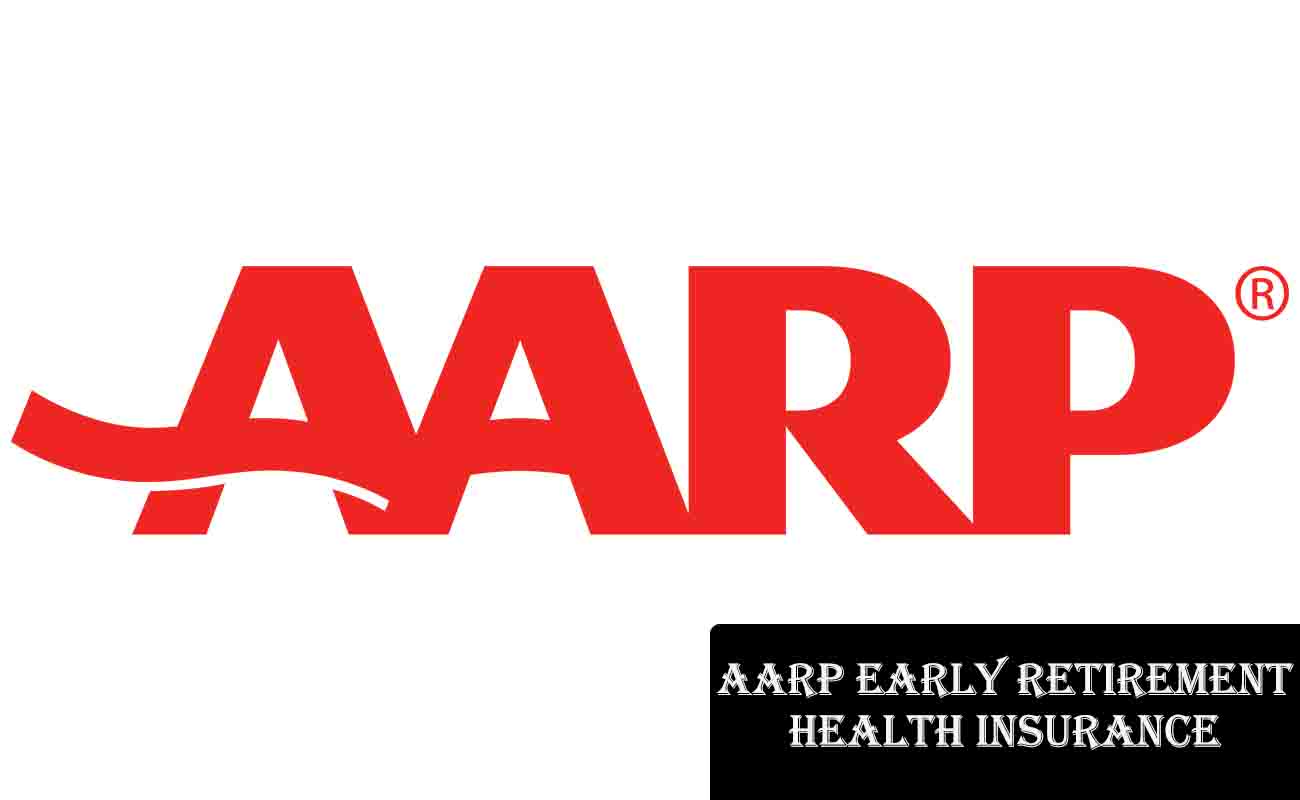For many people, retirement is an important turning point that is followed by both excitement and anxiety, particularly regarding health insurance. Like me, you’ve probably wondered how to close the gap between quitting your job and qualifying for Medicare. AARP early retirement health insurance may be able to help with that.

In this post, I’ll discuss all you need to know about AARP’s early retiree alternatives. This information will help you make wise decisions regarding your healthcare coverage, whether you’re preparing for your own retirement or assisting a loved one with theirs.
RECOMMENDED >>> TRS Retirement Health Insurance – TRS Health Care Benefits
Understanding the Challenge of Early Retirement Health Insurance
Health insurance was one of my main concerns when I started considering retiring early. You will not be eligible for Medicare if you are retiring before the age of 65, therefore you will need to obtain other insurance. This is a typical worry because, in addition to being dangerous, not having insurance can result in financial ruin in the event of an unforeseen medical emergency.
“What are my options?” may be on your mind. This is when groups like AARP are useful. AARP, which is well-known for supporting senior citizens, offers information and links to health insurance plans that are specific to individuals like you and me.
What is AARP Early Retirement Health Insurance?
Health insurance coverage is not directly offered by AARP. Rather, it collaborates with insurance companies to provide members with access to plans tailored to their individual needs. When looking into individual health insurance options, Medicare-related plans (if you’re about to transition), and even supplemental coverage, AARP can be a great resource for early retirees.
As I looked into these choices, I discovered that it was simpler to have trust in the quality of the plans offered because of AARP’s affiliations with respectable companies like UnitedHealthcare. These can successfully cover the gap even though they aren’t specifically referred to as “early retirement health insurance.”
Types of Health Insurance Options for Early Retirees Through AARP
It might be difficult to navigate health insurance as an early retiree, but AARP provides several options to help you fill the gaps until you qualify for Medicare. AARP’s tools and partnerships can help ease the process, whether you’re seeking temporary solutions, complete coverage, or advice on switching to Medicare.
Here’s a closer look at the various health insurance plans that AARP offers to early retirees.
1. Affordable Care Act (ACA) Marketplace Plans
The ACA offers health insurance plans that are often the go-to for early retirees. AARP provides educational resources to help you navigate the marketplace and choose a plan that fits your budget and health needs.
I found it helpful to use AARP’s tools to compare premiums, deductibles, and coverage levels. If you qualify for subsidies, the ACA plans can be surprisingly affordable.
2. Short-Term Health Insurance
Short-term plans can be a stopgap solution if you’re between jobs or waiting for Medicare. AARP offers information about these plans, but you should be cautious—they typically cover fewer services and may not include pre-existing conditions.
3. COBRA Coverage
If you’re leaving a job, COBRA allows you to continue your employer-sponsored health insurance for a limited time. AARP provides guidance on whether COBRA is a good choice for you, considering its high premiums.
4. AARP-Endorsed Medicare Transition Plans
If you’re close to 65, you can explore AARP’s Medicare Supplement (Medigap) plans, Medicare Advantage plans, or Part D prescription drug coverage. While these are designed for Medicare enrollees, planning can make your transition seamless.
Benefits of Choosing AARP-Connected Plans
Selecting a health insurance plan is about more than just coverage; it’s about locating a reliable companion to help you navigate the intricacies of medical treatment. Because they cater to the requirements of senior citizens and provide a combination of convenience, dependability, and customized resources, AARP-connected plans are unique.
Let’s examine the main advantages of choosing health insurance plans recommended by AARP.
- Reputation and Trust: AARP has a longstanding reputation for advocating for older adults.
- Ease of Access: AARP simplifies the process of comparing plans.
- Educational Support: They offer resources to help you understand complicated insurance terms and concepts.
- Member Discounts: As an AARP member, you may qualify for discounted premiums or additional perks.
How to Evaluate Your Options
Selecting the best health insurance plan is a very personal choice. I went about it this way, and you might find these steps useful as well:
- Determine Your Medical Needs
Begin by determining what type of coverage you require. Do you expect regular checkups with the doctor, continuous medication, or specialist care? - Establish a Budget
For me, striking a balance between affordability and coverage was essential. Examine deductibles, copays, and out-of-pocket maximums in addition to premiums. - Examine Plans
Utilize the resources provided by AARP to evaluate plans side by side. Having all the information in one location helped me feel less overwhelmed by the procedure. - Take Future Changes into Account
Your health requirements may alter if you’re retiring early. Take into account options that provide flexibility or seamless Medicare transitions.
Can I Get AARP Health Insurance if I’m Under 50?
No, AARP membership is generally for individuals aged 50 and older. However, some insurance options they endorse may be available to younger spouses or dependents.
Are AARP Plans More Affordable than Others?
Not necessarily. While AARP’s partnerships can offer competitive pricing, affordability depends on factors like your age, location, and health needs.
Does AARP Offer Dental and Vision Coverage?
Yes, AARP members can access dental and vision plans, often at discounted rates.
Conclusion
It’s thrilling to plan for early retirement, but it takes cautious planning, particularly about health insurance. You may maintain your protection by bridging the gap between Medicare and job coverage with AARP early retirement health insurance alternatives.
You may select a plan that suits your lifestyle and budget by evaluating your needs, taking advantage of AARP’s resources, and weighing all of your options. Keep in mind that one of your best assets is your health; take good care of it.
Please feel free to comment if you have any experience with AARP health insurance or if you have any more questions.
ALSO, READ >>> Utah Reverse Mortgage Retirement Planning Guide

